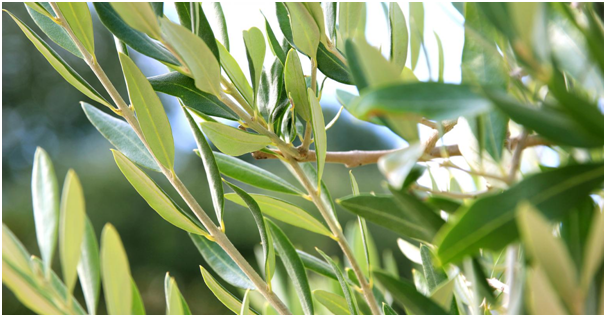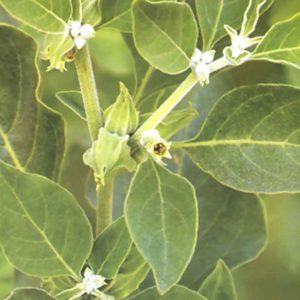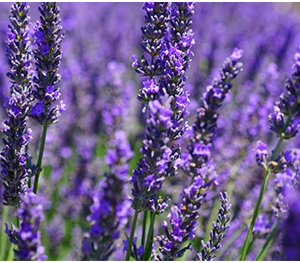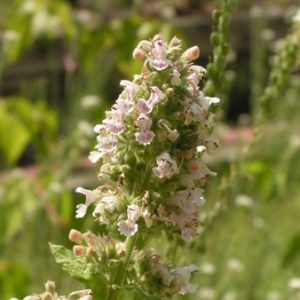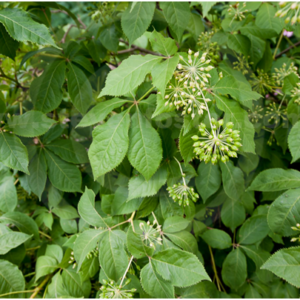Olive branch is a symbol of peace and friendship.
Historically, olive leaf extract has been used for the prevention or treatment of inflammation, infections (e.g., the common cold, influenza, Candidiasis, urinary tract infections, shingles), diarrhea, allergies, and diseases such as Alzheimer’s, chronic fatigue syndrome, osteoarthritis, and osteoporosis.
Diabetes
Olive leaf extract may aid in diabetes control, according to a small study published in the Journal of Medicinal Food.
High Blood Pressure
Olive leaf extract shows promise in the treatment of hypertension, as is supported by a 2017 study published in the European Journal of Nutrition
Viruses
Olive leaf extract has antiviral properties and is used in holistic medicine to treat certain viruses. In laboratory testing, olive leaf extract was shown to effectively fight herpes, mononucleosis, and rotavirus, and it may also be useful against influenza and HIV. There is strong anecdotal evidence that suggests it can effectively treat cold sores.
Olive leaves have a bitter taste, so when making a tea try blending them with a sweeter herb, like peppermint or ginger. To make a tea take 1 tablespoon of the dried leaves in 1 cup of boiling water. Steep in a covered tea pot for 5-15 minutes, depending on how intense you prefer your Tisane. Drink two cups daily as a preventative.
You can also soak the leaves in cold water, mix with lemon juice and raw honey.
Precautions:
Olive leaf can trigger severe respiratory allergic reactions in people who are allergic to plants in the Oleaceae family,5 which includes ash trees, lilacs, jasmine, forsythia, privets, and, obviously, olive trees.
Ora Well recommends that you check with your healthcare practitioner before taking Tisanes if you are pregnant, breastfeeding, taking medications, heading to surgery. Keep out of reach of children and do not administer to children without your health providers advice.
